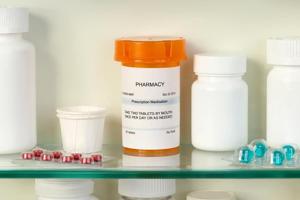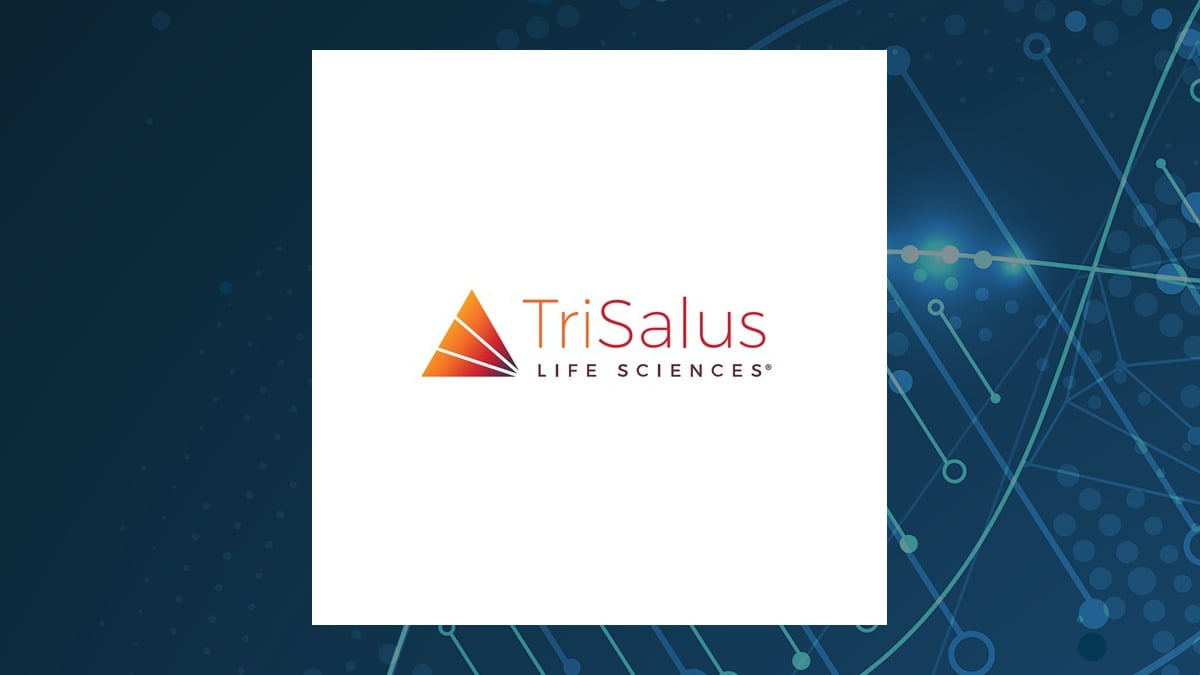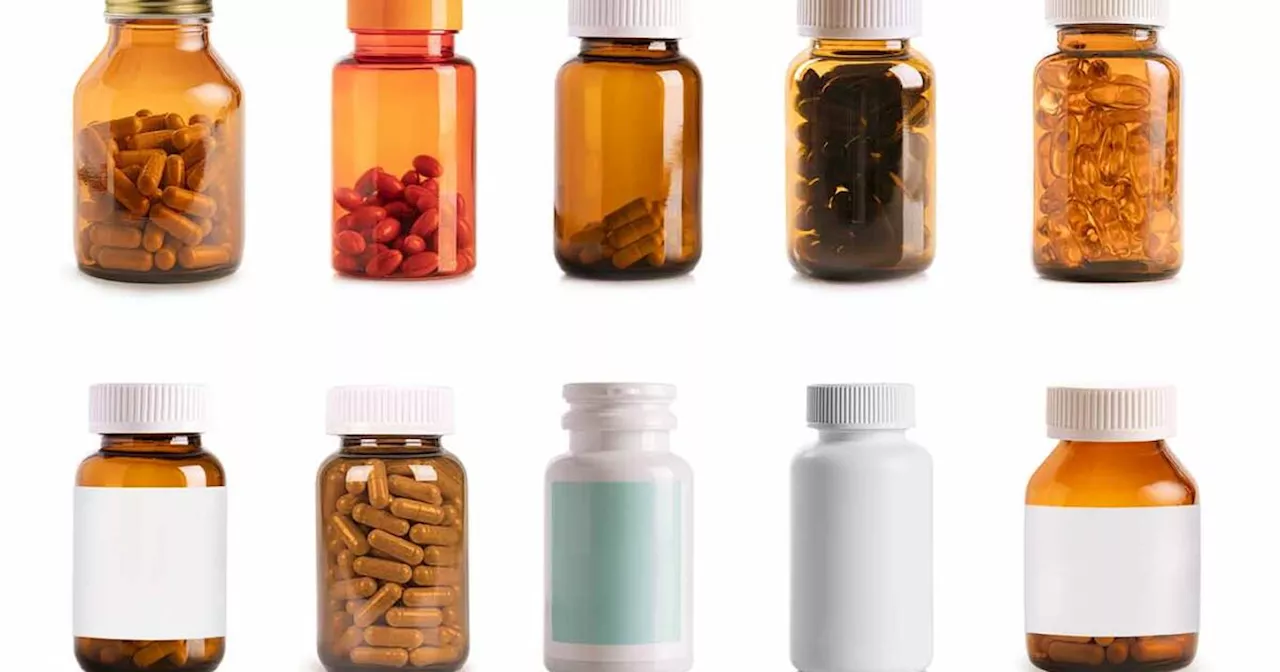The U.S. Food and Drug Administration (FDA) has announced significant changes to the approval process for biosimilars, aiming to enhance patient access to affordable medications. Effective immediately, the FDA will no longer mandate extensive clinical trials for most biosimilars, which are near-identical copies of biologic drugs derived from living cells. This shift is expected to accelerate the approval process and reduce costs for drug manufacturers.
Under the new guidelines, biosimilar developers will only need to demonstrate that their product’s structure and manufacturing process mirror those of the original branded medication. This change could potentially cut the approval timeline from an average of five to eight years to just two to four years, saving companies tens of millions of dollars in research expenses.
Robert F. Kennedy Jr., U.S. Health Secretary, emphasized the need for these reforms during a press conference, stating, “For too long, government bureaucracy and regulatory barriers have protected monopolies and stifled competition.” The FDA’s initiative aims to foster a more competitive market, which could lead to lower drug prices for patients suffering from serious conditions such as cancer, diabetes, and autoimmune diseases.
Impact on the Pharmaceutical Landscape
The FDA’s decision is particularly noteworthy as several top-selling brand-name drugs, including Herceptin, Lantus, and Humira, already have biosimilar alternatives. The agency’s new approach is expected to encourage pharmacists to substitute biosimilars for brand-name drugs more easily, akin to current practices with generic medications.
Despite these optimistic changes, some industry experts remain cautious. Brian Skorney, a drug industry analyst at investment bank Baird, suggested that while regulatory changes are beneficial, they may not address the underlying challenges. Brand-name drug manufacturers often employ patent protections and legal challenges to delay the entry of biosimilars into the market, even after receiving FDA approval.
Currently, generic and biosimilar drugs constitute approximately 90% of prescriptions in the U.S.; however, they account for only a fraction of total drug spending. This discrepancy underscores the ongoing issues related to rising costs associated with biologic drugs, which continue to drive up healthcare expenses.
Industry Response and Future Implications
The Pharmaceutical Research and Manufacturers of America (PhRMA), the lobbying group for brand-name drugmakers, criticized the FDA’s latest move, asserting that pharmacy benefit managers—intermediaries that negotiate drug prices—also play a significant role in limiting access to biosimilars. In response, Kennedy accused major pharmaceutical companies of lobbying to manipulate regulations in favor of their profits, stating, “The pharmaceutical industry rigged the rules.”
Since the FDA approved the first biosimilar in 2015, more than 60 biosimilars have entered the U.S. market. Yet, the sluggish pace of adoption has raised concerns about patient access to these potentially lifesaving drugs. The FDA’s new policy aims to expedite the approval process, ultimately making biosimilars more accessible and affordable for patients in need.
As the landscape of drug pricing continues to evolve, the impact of these regulatory changes could resonate across the healthcare system. For further information on biosimilar medicines, the American Cancer Society provides comprehensive resources.
The FDA’s reforms represent a pivotal step in addressing the complexities of the pharmaceutical market, with the potential to enhance patient care and alleviate financial burdens on those requiring expensive medications.







